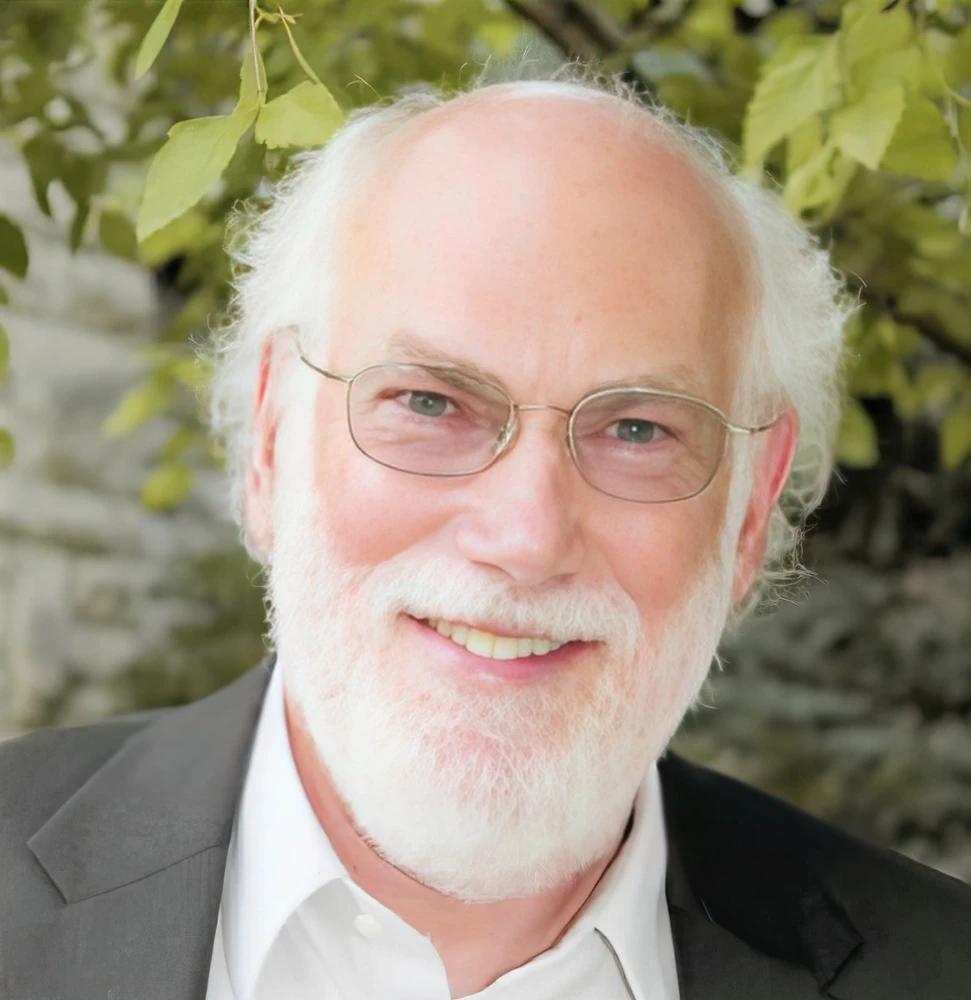
Emeritus professor David Prochaska passed away on January 6, 2025 at the age of 79. Prochaska was a historian of colonialism and visual culture with a specialty in colonial Algeria. He was also interested in France and the Mediterranean, the anthropology of tourism, museum studies, urban history, and colonial urbanism.
“David was a force. He traveled the world (33 countries) and spent a lifetime doing work he loved and was passionate about,” said his obituary in the News-Gazette. “Throughout his lifetime of critical studies work, he was deeply reflective about political violence and terrorism, borders and maps, gender, audience, and hybridity.”
Prochaska was born in 1945 in Alhambra, California. He received his BA from Stanford in 1968. After graduating, he served in the Peace Corps for two years in India, an experience that inspired him to study history and the effects of colonialism. He received his PhD in history from the University of California, Berkeley in 1981. He joined the University of Illinois in 1981 where he taught courses on 20th century world history, comparative colonialism in India and Algeria, history and visual culture, film and history, history and theory, modern European historiography, and postcolonial studies. He received several teaching awards throughout his career. He retired in 2013.
He published on colonial visual culture, especially postcards, in India, Senegal, and Algeria. His books included Making Algeria French: Colonialism in Bone, 1870-1920 (1990, Cambridge University Press); Renoir in Algeria (2003, Yale University Press) co-authored with Roger Benjamin; Beyond East and West: Seven Transnational Artists (2004, University of Washington Press), co-authored with David O’Brien; Genealogies of Orientalism: History, Theory, Politics (2008 University of Nebraska Press), co-edited by Terry Burke; and Postcards: Ephemeral Histories of Modernity (2010, Penn State Press), co-edited with Jordana Mendelson. He also wrote for the Public I, a local Urbana paper, where he wrote about local and national issues.
“My father was a scholar-activist dedicated to social justice and human rights, using scholarship and public media to promote change at both national and local levels,” wrote his daughter, Natalie Prochaska, in a commemorative essay in the Public I.
Prochaska is survived by his three children, Natalie, Russell and Stephen; his wife Kathleen Holden and her daughters Kathryn and Diane; grandsons Sean, Ian and Connor Courtney; granddaughters Lily and Lucy Johnson; and great-grandson Taylor James Courtney.